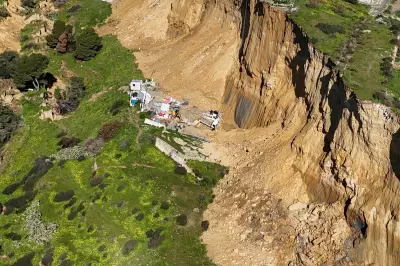
The Crown Prosecution Service (CPS) has made the controversial decision to drop a case against a group of climate activists in South Gloucestershire, raising questions about the legal treatment of environmental protests.
Case Collapses Amid Legal Scrutiny
Prosecutors abruptly discontinued proceedings against demonstrators who had allegedly caused disruption during a protest last year. The activists, linked to environmental groups, faced charges of public nuisance before the CPS withdrew its case.
Mixed Reactions to Decision
While campaigners hailed the move as a victory for protest rights, critics argue it sets a dangerous precedent. A CPS spokesperson stated: "After careful review of evolving case law regarding protest actions, we concluded there was no longer sufficient evidence for a realistic prospect of conviction."
Legal Experts Weigh In
Constitutional law specialists note this decision follows several recent court rulings that have redefined the boundaries of lawful protest. The collapse of this case may influence how police and prosecutors approach similar demonstrations in future.
Broader Implications
This development occurs amid growing tensions between environmental groups and authorities:
- Increased scrutiny of protest policing methods
- Ongoing debates about balancing public order with democratic rights
- Recent legislative changes affecting protest laws
The abandoned prosecution has reignited discussions about where society draws the line between legitimate activism and unlawful disruption.





